Unlikely Books enthusiastically presents Apocalyptics, the first full-length book of poems by long-time Unlikely Stories contributor C. Derick Varn. Apocalyptics takes us through Varn's religious and romantic upbringing, his explorations of spirituality and sexuality, and the questions, and questionable answers, he finds. The book brings us no conclusions, but instead invites us to examine our own. The cover is a new collage by the brilliant Adrian Kenyon. Check out "Sometimes Grey Bodies," one of the book's many complex poems:
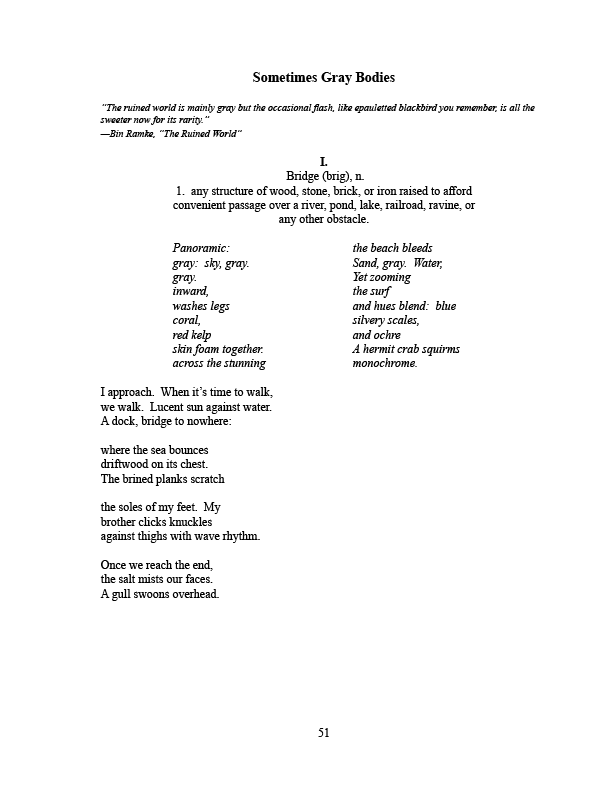
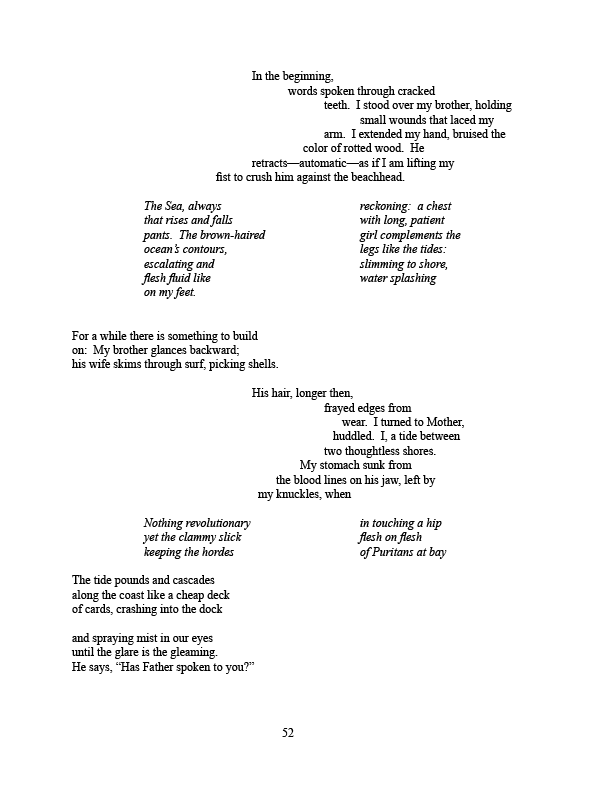
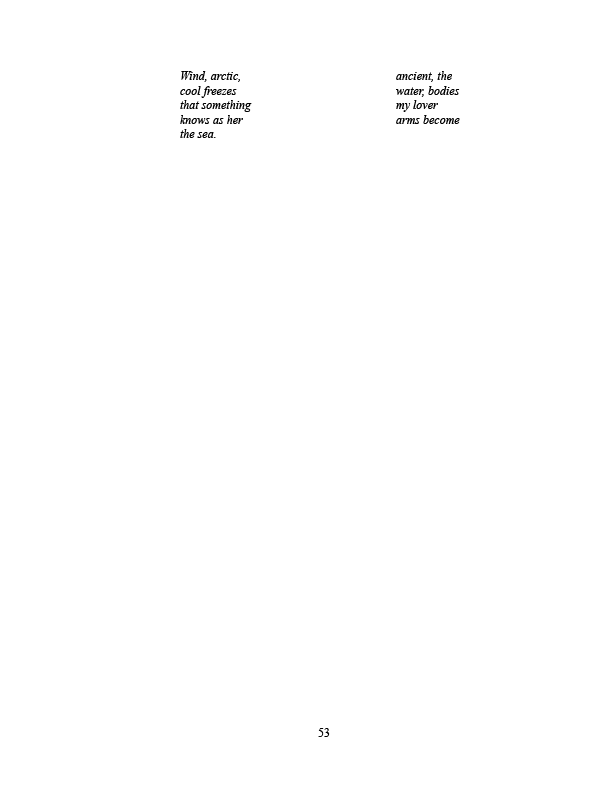
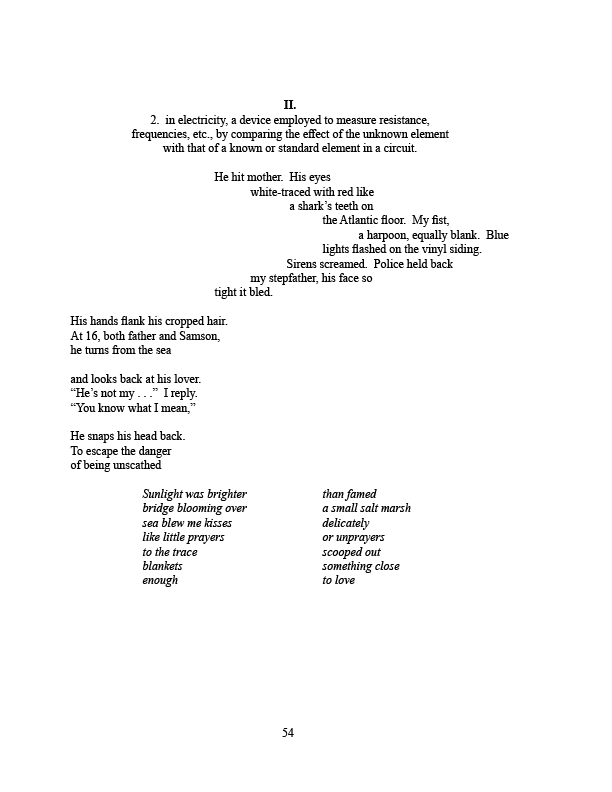
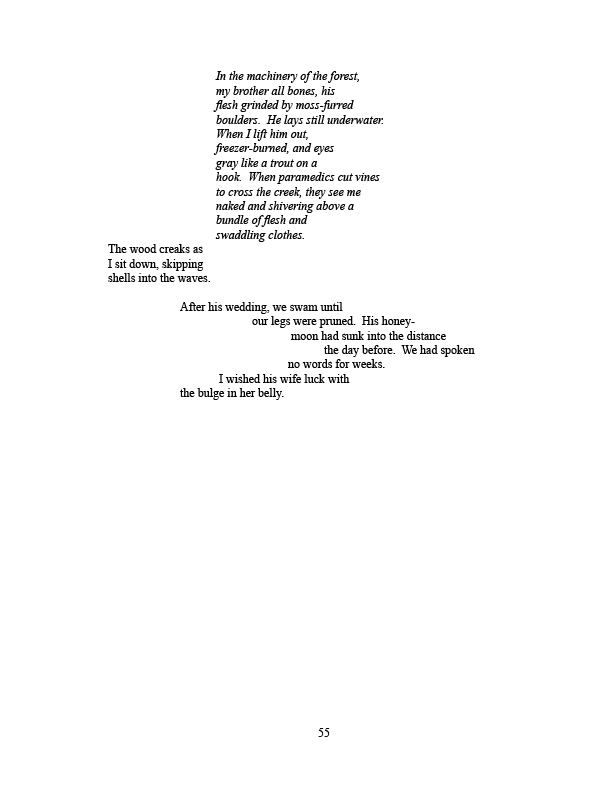
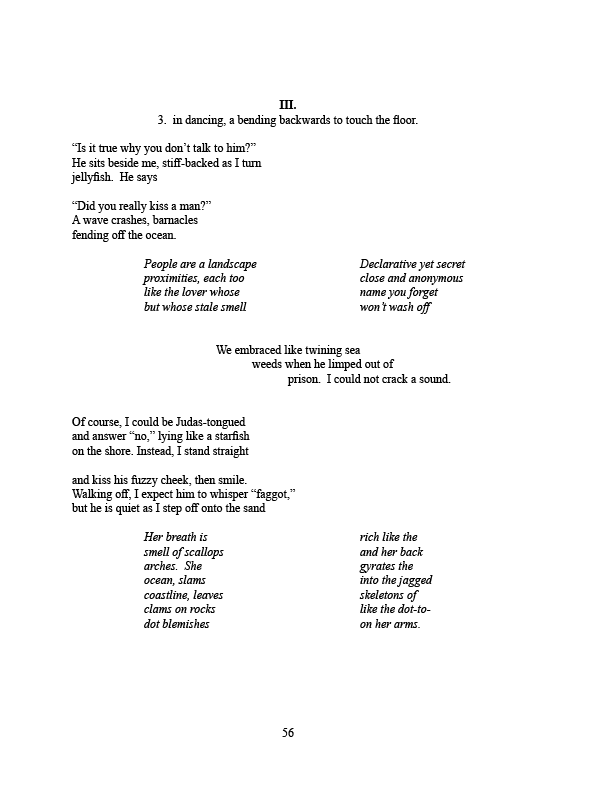
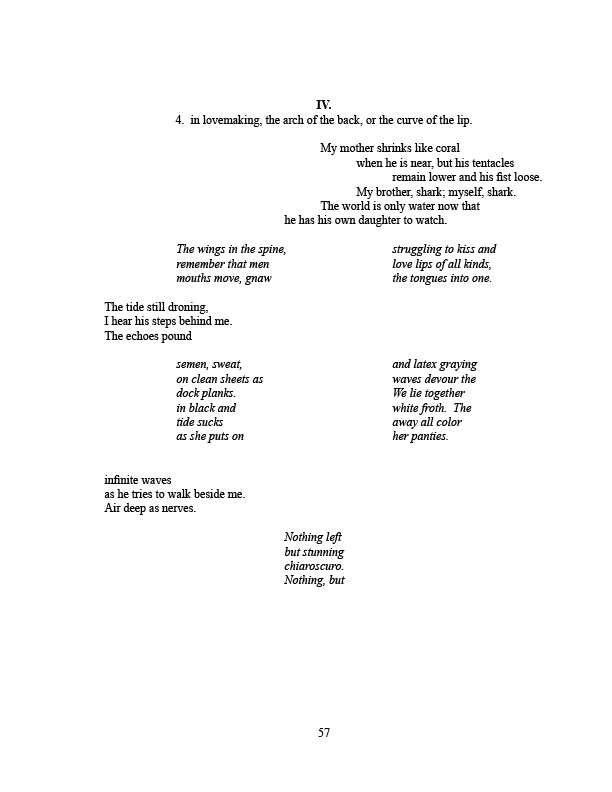
And check out what people are saying about Apocalyptics:
While reading the poems in Derick Varn’s Apocalyptics “we mend our own spines,” we experience what is human as being “sore from all the changes.” These poems put flesh and muscle on the spaces of time between, the slippage that makes up, desire and disappointment in human nature. The poems remind the reader, through form and content, that the erosion of time shapes us into who we are, individually and as a culture. Varn cuts away the dead weight in language and experience to give the reader the essential, the existential mortar needed to mend “mal-shaped minds.” The poems Varn has crafted in this book are “thick bread,” oxygen that will turn the knot in a belly “into something akin to a heart” that mends bones of broken men and women. Poetry lovers (new and old) will feast on the breath in these readable, human poems and heal into themselves.
—Rich Murphy, author of Americana and Body Politic
When each heartbeat is a floodlight, poems erupt like those in C. Derick Varn’s Apocalyptics. Wittgenstein said, and as used as epigraph to one poem, “You get tragedy where the tree, instead of bending, breaks.” Some of these poems “bend” but some also go all the way to “break.” The results transcend tragedy, though. How can it be otherwise when the results are poems, including some that set “language on fire”—as in “You’re always / claiming the high road as it washes / away.”
—Eileen R. Tabios, author of Murder Death Resurrection
Thank the gods for poets like Varn who stand undaunted at the prospect of unmasking the “bloodied face of history” as inextricably tied to the most pervasive prophecies of religion—those stories that leave “not a creature…unshivering.” Varn’s Apocalyptics shies from neither grandiosity nor grotesquery, neither high nor low society, for isn’t it precisely the blood—some stranger’s bodily fluid—that is to save? From “dumpster diving,” ghosts take flight. From “rancid butter,” a flock of magpies. Enter this text prepared to rub shoulders with archetypes amidst a house of mirrors in darkness, to open old tomes with your teeth and drool enough to smudge creation. And of all the “thou shalt nots” you can recover from the rubble, only remember one: Do not be afraid.
Dylan Krieger, author of Giving Godhead
With Apocalyptics C. Derick Varn has written a dynamic and challenging collection of poetry that is as ornery as it is beautiful. Varn’s verse carries with it a driving force that alternates between lovely and haunting. Using simple and profound imagery, Varn’s search for a world worth fighting for is definitely worth your time. “I would rip open / the sky to settle her nerves, / smooth the neurons, unknot / the muscles, the heart.” Apocalyptics refuses to give up on that knot, and delivers a beautiful collection of poetry in the process. I highly recommend this book.
—Darren C. Demaree, author of Many Full Hands Applauding Inelegantly
A lung collapses, teeth rot under beauty’s reign. C. Derick Varn’s Apocalyptics ushers readers into the safe room of the cerebellum, the poet’s anchorage representative of the Whitmanian ocean from which he writes. Varn’s allusions to Ouija boards and martyred filmmakers are balanced by six-winged angels and Iggy Pop, exactly the guides needed as one examines the modern catechisms under whose buckets we’ve come to erode. Syntax is altered and altar, “the ache of scavenging” transformed from pang to feast. As an editor, Varn has long championed the twenty-first century writer; as artist he stokes an end times shift. Here is the palimpsest that may write us out of Armageddon.
—Jon Ricco


